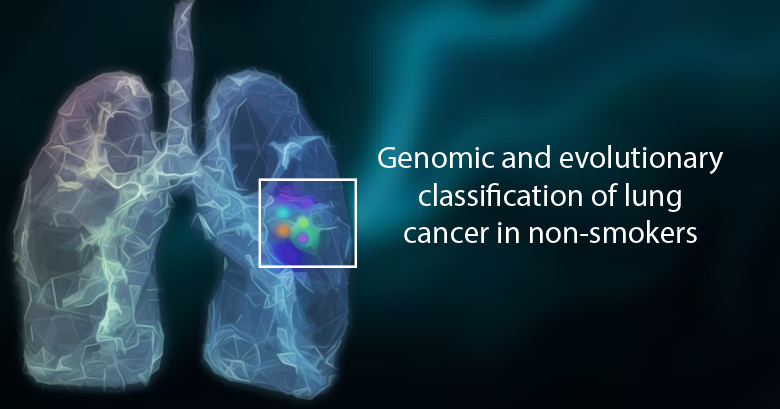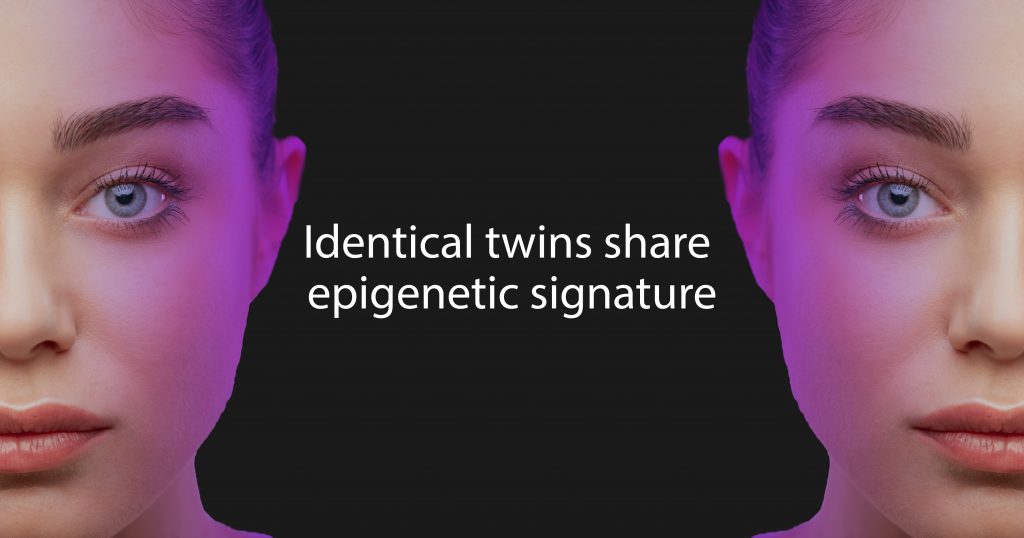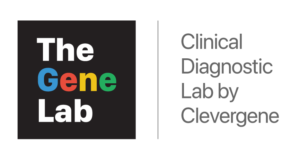Smoking causes lung cancer. Lung cancer is the leading cause of cancer-related deaths affecting nearly 2 million people each year. What about lung cancers in non-smokers? How are they diagnosed with lung cancer?!! Any guesses on what reasons would cause lung cancer in them?
Tongwu Zhang et al published insights on the mutational signatures, genomic instability, genomic aberration concepts in Lung cancer in Non-smokers and also the personalized treatment for the patients diagnosed with it. Studies show that high-coverage whole-genome sequencing of patients revealed profound differences between subtypes. Majorly UBA1, EGFR mutations in the RAS Pathway are key regulators in non-smokers. Patients had characteristics of non-small cell lung carcinomas, adenocarcinomas, carcinoids and tumors with various subtypes. EGFR was most frequently altered followed by KRAS, ALK METERBB2, ROs1 and RET. According to the categories, patients had a burden of SNVs/indels, SCNAs, Structural variants, whole genome doubling and BRCA2 loss of heterozygosity and difference in tumor lengths. Another question would be how these genetic aberrations work in passive smokers. Interestingly, there were differences in SV enriched regions in hotspots and telomere length variations, cell division and regulation aspects between non-smokers and passive smokers.
While on the topic of the genes involved, there were 25 genes accounting for drivers in Lung cancer along with new gene mutations of UBA1 and whole-genome doubling in most of the patients. Carcinoids were enriched with mutations in chromatin, i.e., remodeling genes. NOTCH1 and AR1D1A promote high intratumoral heterogeneity. Mutational signatures of single base substitutions are responsible for nucleotide excision repair deficiency and later replication errors. Some driver mutations like KRAS, derived from bronchioalveolar stem cells, lead to adenocarcinoma. RET activities are linked with hematopoietic stem cell regulation. These were found to be not absolutely significant between passive smokers and non-smokers. In all the patients, common cancer driver genes were TP53, RBM10, KRAS, and EGFR, mutations with ERBB2 had poor overall survival and additionally, patients with MET-altered tumors had better survival rates. With respect to article this quote holds a value –
The unexamined life is not worth living to a human.
It’s a wrong perspective that only smokers get lung cancer and non-smokers wouldn’t get it. Second-hand tobacco smoke has also been linked to lung cancer but it is a weak carcinogen compared to active smokers and also act through alternative tumorigenic processes and selective constraints. Most studies on Lung cancer in Non-smokers with single-cell RNA seq and methylome analyses help understand specificity in tumors. The unbelievable fact is founder cells of one of the patients’ categories appear a decade before diagnosis and provide optimal time for early detection. In another category of patients, driver gene mutations and Whole-genome Doubling are clonal from a rapid expansion of a single ancestral cell. Future treatments target KRAS, stem cell-associated signaling pathways would be promising for patients, indefinitely.




Sorry, the comment form is closed at this time.